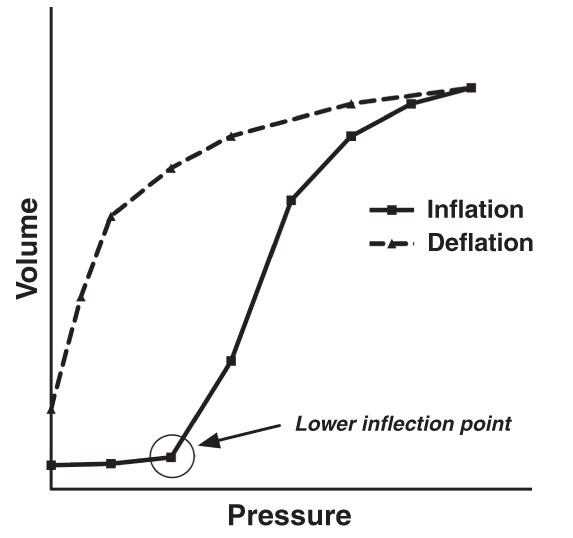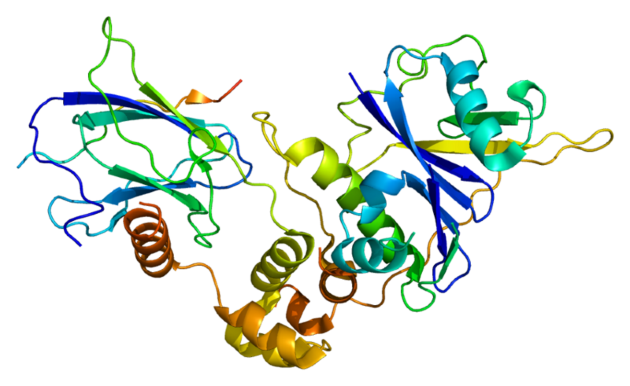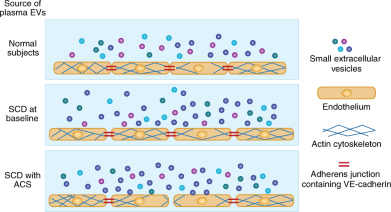Collection |
Collections
Filters
-
Collection Type
-
-
Collection |
Policy Commentary
What impact does the research have in Pediatric Research? The articles in this collection translate the research into policy suggestions.
Image: Tina L. Cheng, et al. -
Collection |
 European Society for Pediatric Research- Pulmonology Series
European Society for Pediatric Research- Pulmonology Series
This collection highlights the diverse range of neonatal pulmonary conditons and managment strategies.
-
Collection |
 The Importance of Nutrition: From Fetuses to Adolescents
The Importance of Nutrition: From Fetuses to Adolescents
There is a growing understanding of the important contributions of nutrition in the prevention and treatment of disease. This collection featuring articles from both Pediatric Research and the Journal of Perinatology highlights specific nutritional practices and how they influence outcome in normal and disease states.
Image: © Westend61/Getty. Used with permission. -
-
-
Collection |
Fetal Alcohol Spectrum Disorder
Fetal alcohol spectrum disorder (FASD) continues to be a major problem in pediatrics with an estimated 10% of all liveborn children affected. This collection gathers the most recent evidence on diagnosis, prognosis and intervention for this devastating diagnosis.
Image: Moritz Blanck-Lubarsch et al. -
Collection |
COVID-19
In this time of COVID-19, pediatric researchers are hastening to complete studies that allow better diagnosis, treatment and prevention of infection in pediatric patients. Pediatric Research is encouraging submission of such articles that represent novel findings of a rigorous scientific nature. These articles will not only be published, but be kept in a collection by Springer Nature.
Image: Matteo Di NardoGrace van Leeuwen et al -
Collection |
 PediaPod: PR's Podcast
PediaPod: PR's Podcast
Pediapod is the pediatrics podcast from Pediatric Research, produced in association with Springer Nature. Join us as we explore the etiologies of diseases of children and disorders of development, featuring interviews with top researchers and highlighted content from one of the premier journals in the field of pediatrics.
-
Collection |
 Family Reflections
Family Reflections
-
Collection |
 2019 Nobel Prize in Physiology or Medicine: Celebrating the Winners
2019 Nobel Prize in Physiology or Medicine: Celebrating the Winners
The 2019 Nobel Prize in Physiology or Medicine was jointly awarded to William G. Kaelin Jr, Sir Peter J. Ratcliffe and Gregg L. Semenza “for their discoveries of how cells sense and adapt to oxygen availability”. Collectively, their research led to an understanding of the elegant mechanism cells use to respond to changes in oxygen levels, a fundamental process that underpins normal physiologic functioning and plays a critical role in several diseases, including cancer. Via a combination of oxygen-dependant targeted destruction of the Hypoxia Inducible Factor and modulation of gene expression, cells are equipped to survive in a fluctuating environment. This pioneering research helped pave the way towards a plethora of medications that target this pathway. In celebration of their success, we have featured some of their articles in this collection, which includes content from Oncogene, British Journal of Cancer, Pediatric Research, Gene Therapy, Cell Death and Disease, and the Journal of Human Hypertension.
Image: Emw [CC BY-SA 3.0 (https://creativecommons.org/licenses/by-sa/3.0)] -

 Early Career Investigators
Early Career Investigators
 Mechanistic Pathways
Mechanistic Pathways
 APS/SPR Virtual Chat Series
APS/SPR Virtual Chat Series
 Symposium
Symposium